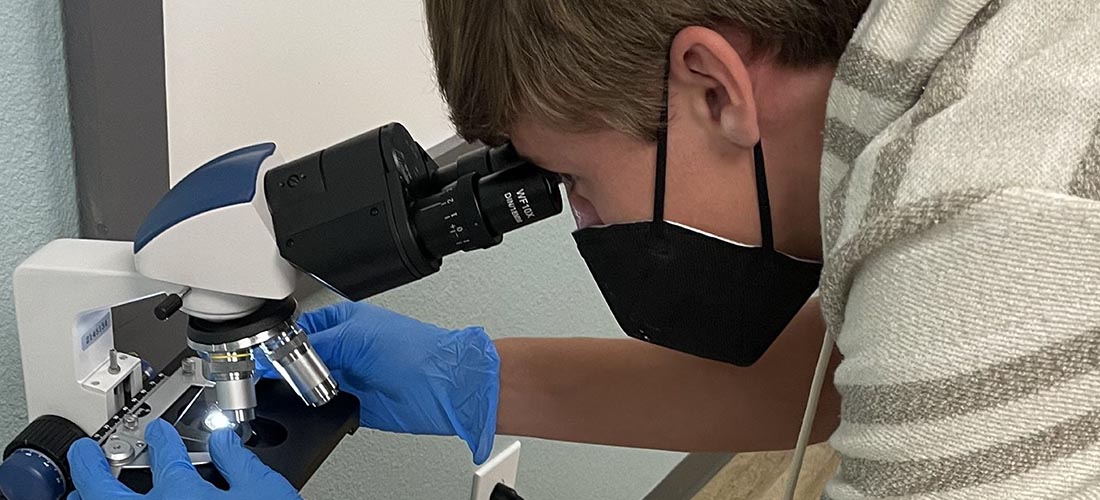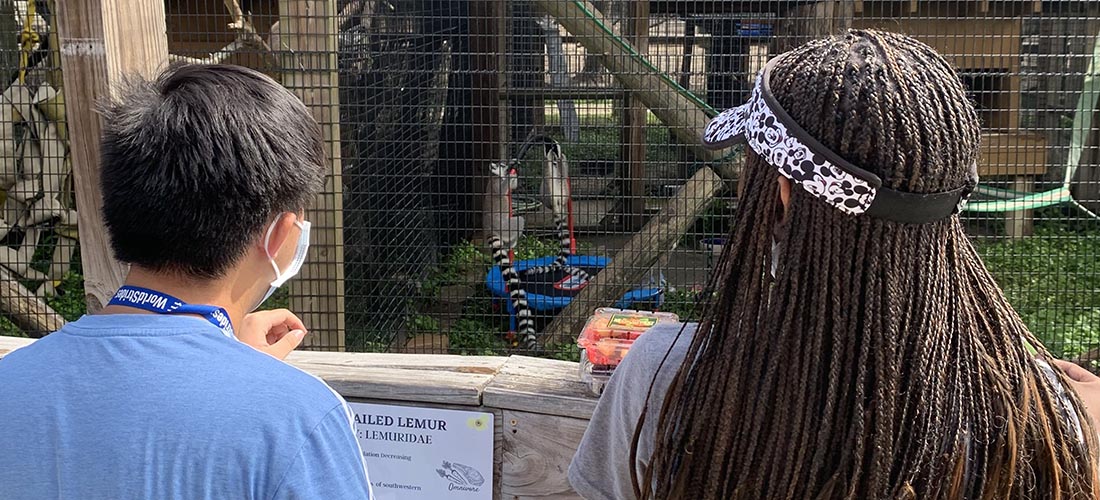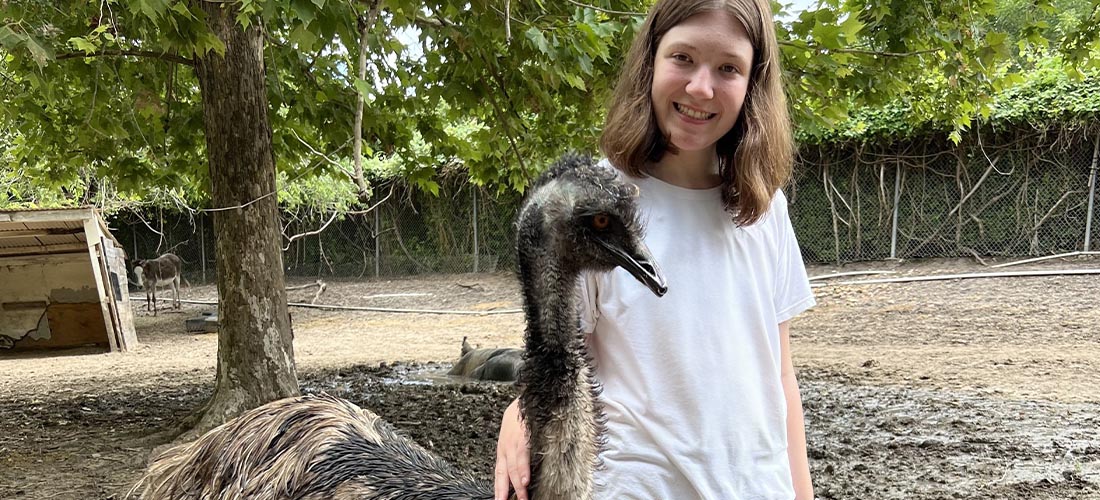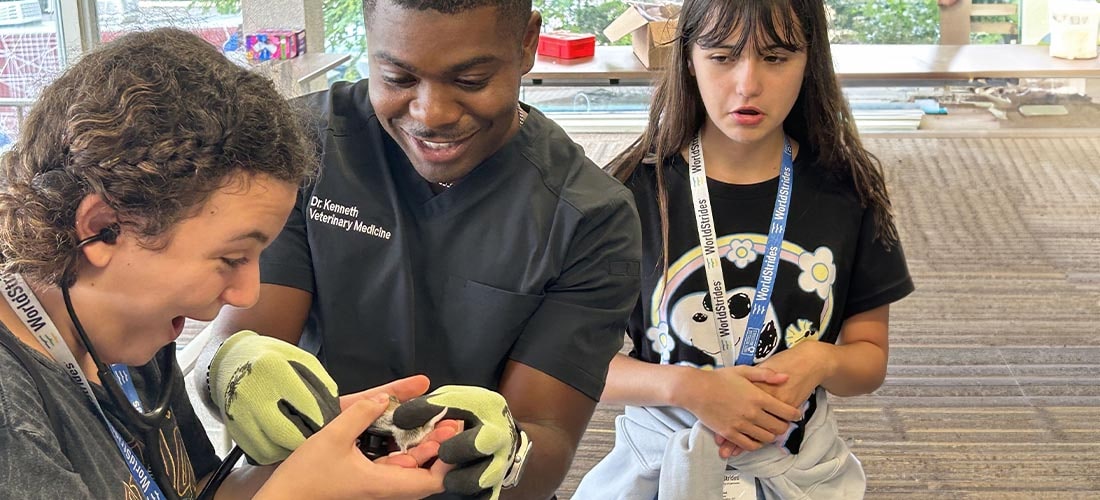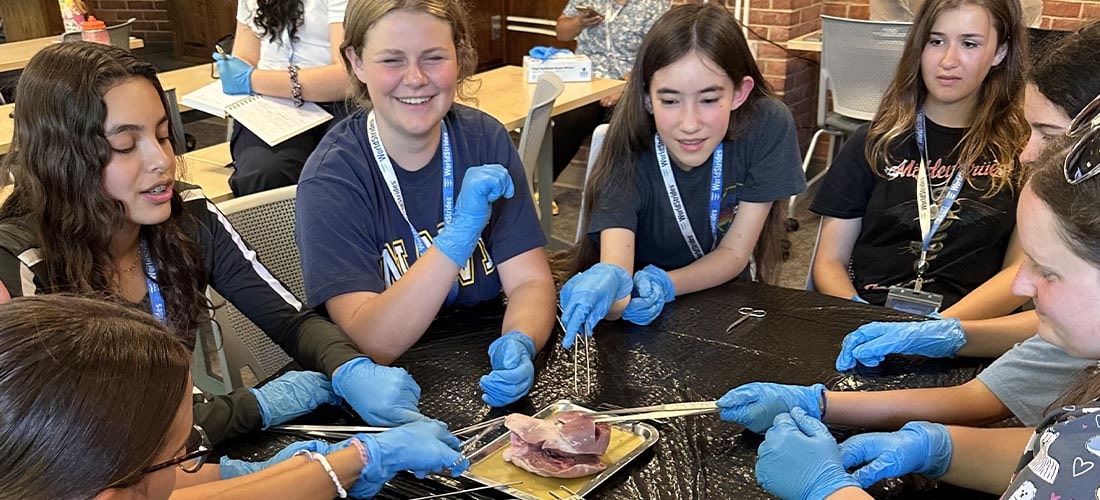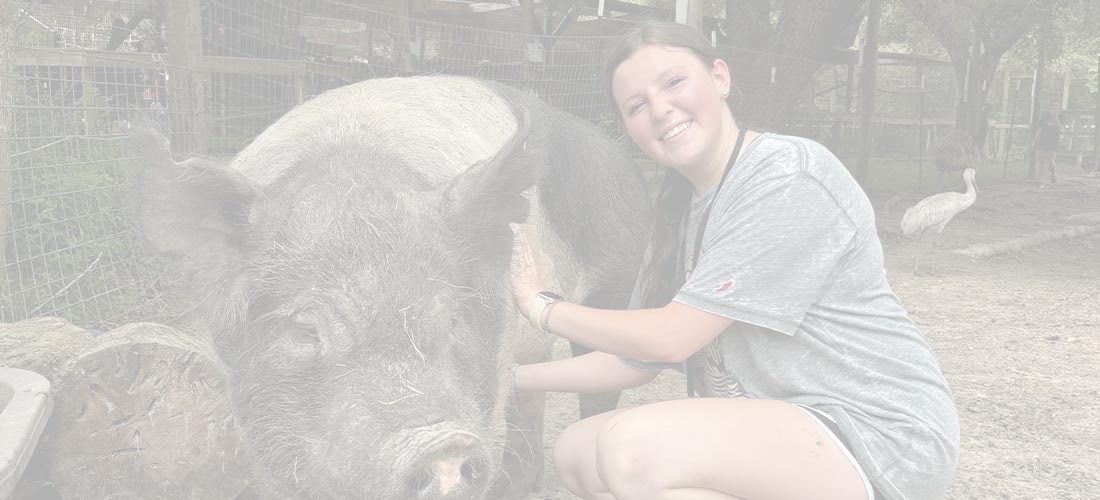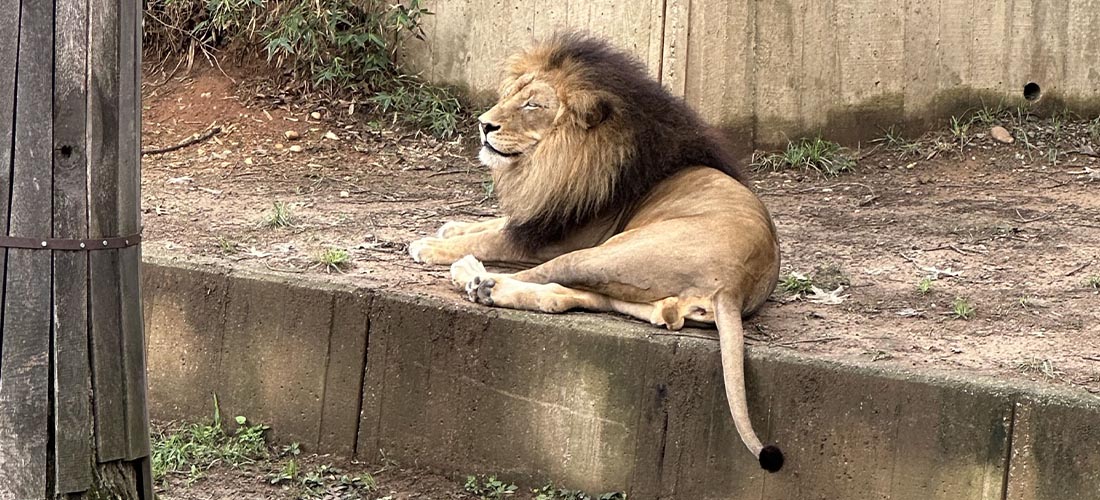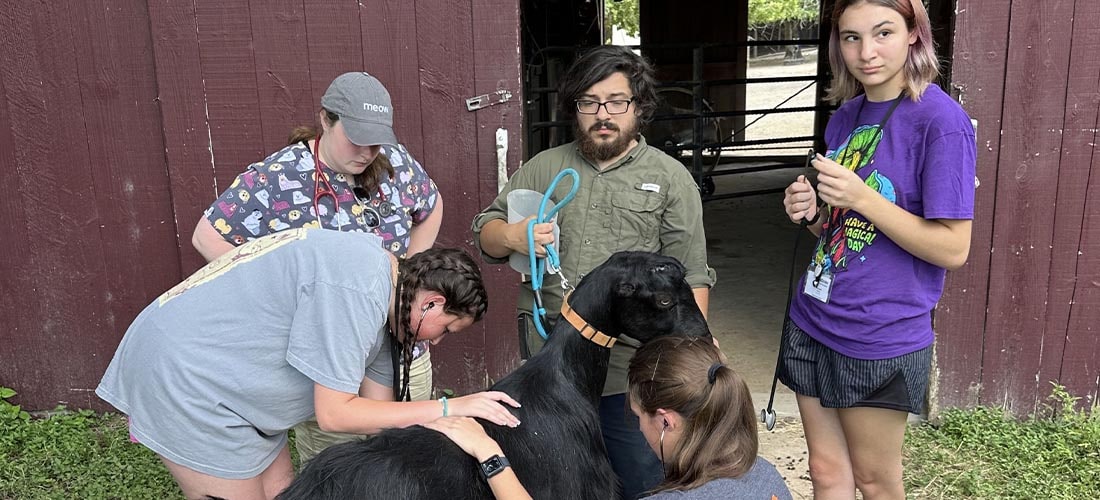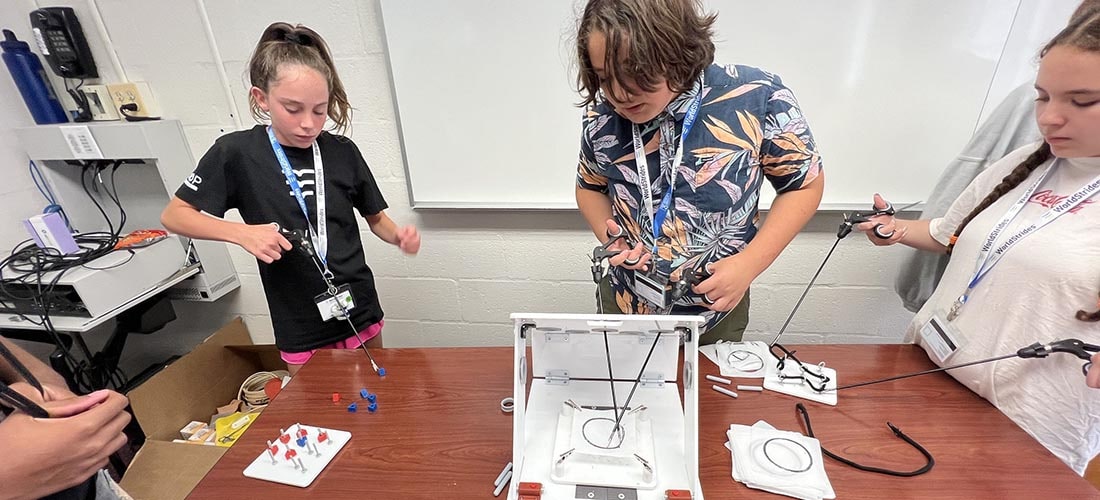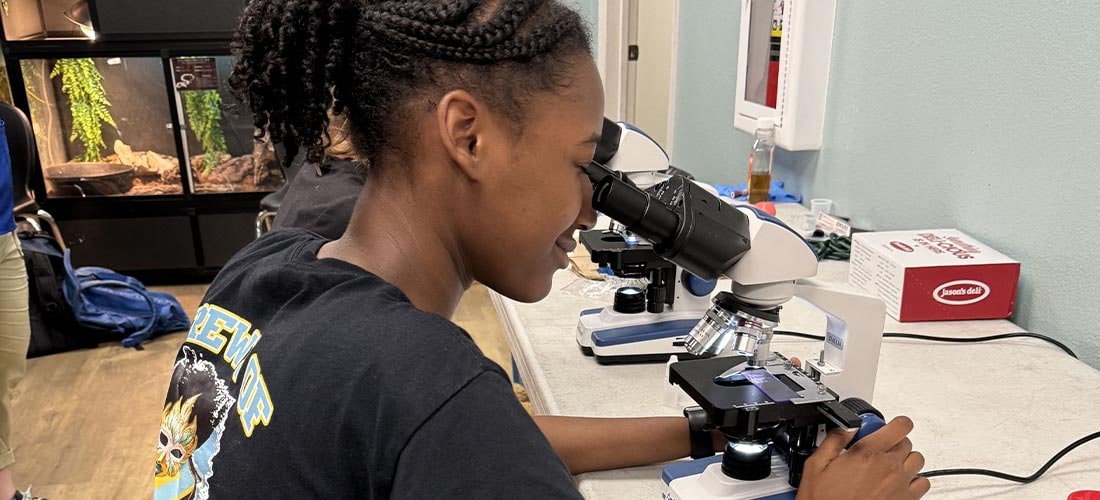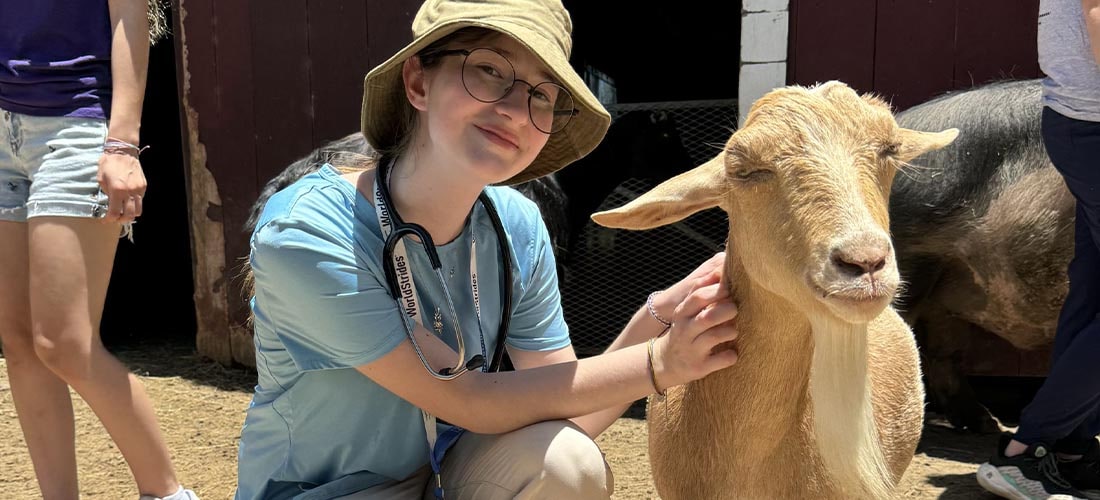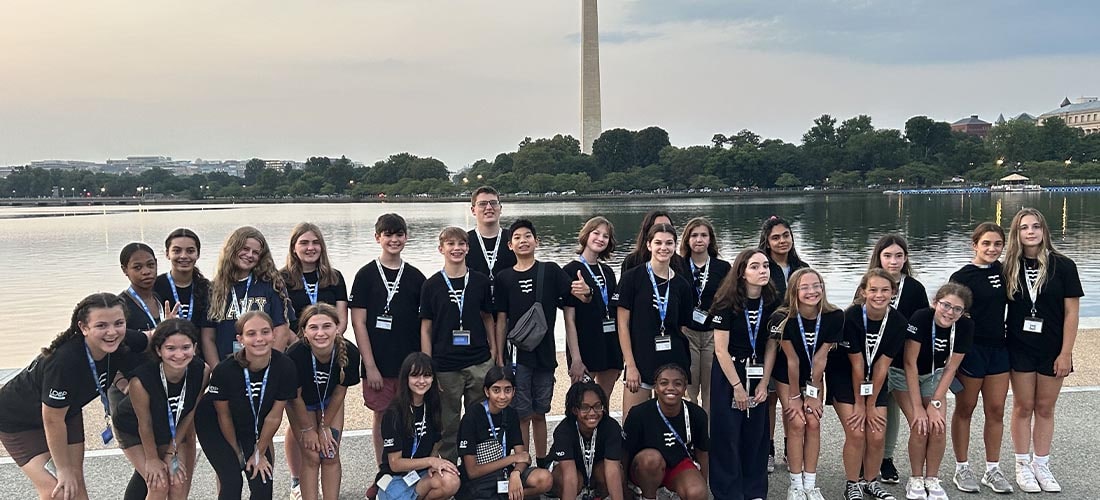Veterinary Academy: Middle School
If your student is passionate about caring for animals, likes hands-on learning, and is considering a career in veterinary medicine, this is the program for them!
Your student can look forward to experiencing the life-changing power of working with animals as they spend up to six days in Washington, D.C. getting a firsthand look at the life of a veterinarian.

Prepare for the future
- Get hands-on experience in the lab, from blow dart practice to practicing physical exams and learning suture techniques
- Explore a local Washington, D.C. zoo to learn about enrichment activities and enclosure design
- Learn about veterinary school from the application process to what it’s like to study so many different species
By attending Veterinary Academy: Middle School, you can earn up to 25 veterinary hours, a required part of every vet school application.
2025 Program Dates & Tuition
- Residential
- June 29-July 5
- July 6-12
- $3,799
- Day
- June 30-July 5
- July 7-12
- $3,399
What’s Included
All Meals
On-Campus Accommodations at American University
15:1 Teaching Vet-to-Student Ratio
Up to 25 veterinary hours
Program Highlights
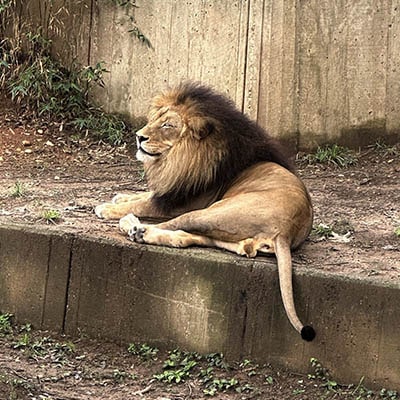
Local Zoo
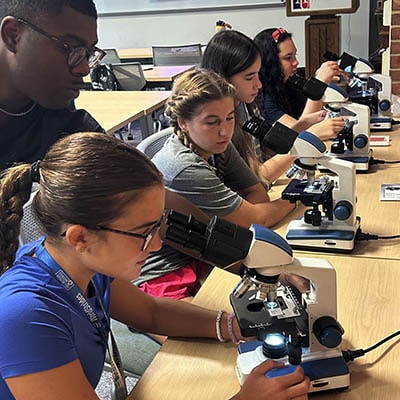
Hands-On Lab Time
Students can look forward to using the same tools and techniques as professional veterinarians, from taking heart rates and using a microscope to suturing a wound and even practicing veterinary first aid!
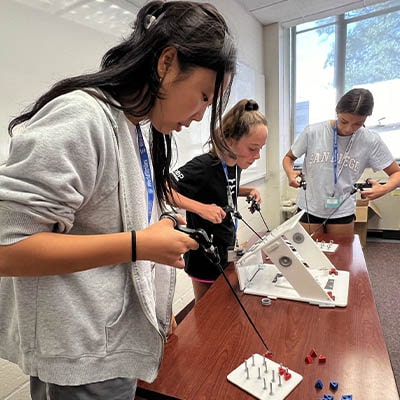
Career Discussions
Throughout their time at Veterinary Academy: Middle School, students will explore the various career paths in veterinary science and learn about the dedication it takes to become successful in veterinary school.
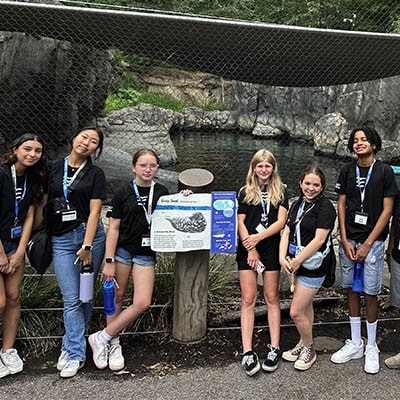
The Business of Zoos
In addition to learning about the important roles played by zookeepers and veterinarians, students will also learn about the business side of caring for animals, from the cost of animal feed to designing and maintaining new zoo enclosures.
Your Adventure, Day by Day
Day 1
Arrive in Washington, D.C.
Day 2
Companion Animal Medicine
Day 3
Animal Medicine
Day 4
Exotic Animal Medicine
Day 5
Local Washington, D.C. Zoo
Day 6
Local Washington, D.C. Zoo
Day 7
Departure Day
What some of our students and their parents are saying…
My son was able to have a wonderful experience learning meaningful things while having fun with his new friends.”
The [program] was very interesting to him. He actually wanted us to go to the zoo the day we picked him up so he could show us around! He loved it.”
Want to learn more? Fill out this form to schedule a call with one of our advisors
By submitting this form, I confirm that I am at least 13 years of age and provide my written consent for WorldStrides to contact me using email or telephone—including the use of automated technology and prerecorded messages for calls to any wireless or residential telephone number I provide. This consent is not required to purchase goods or services.
**Available in the U.S. only. Message and data rates may apply. You may opt out of text messaging at any time by replying STOP.
For the safety of students, staff, and animals, not all animals may be touched or handled by participants. The teaching veterinarian and other professional staff members will advise students of the proper time, place, and method to handle animals when it is safe to do so.

